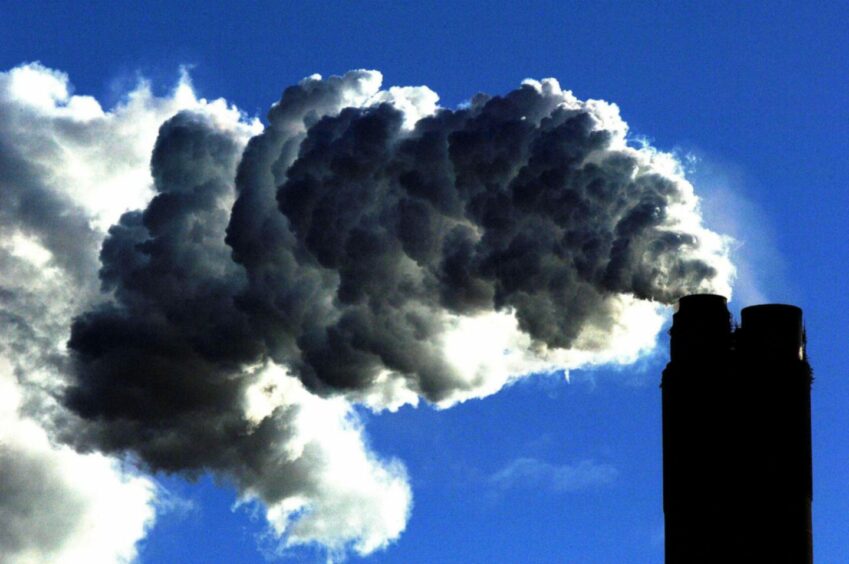
Carbon utilisation company Barton Blakeley has raised £2.4m in a funding round, with £1.7m of this coming from Elbow Beach Capital, a seed investor in climate-related technologies.
Barton Blakeley is based at agricultural research institution Rothamsted Research in Harpenden, Southeast England.
The company says it is built around scientific and industrial practices spanning the automotive, aerospace and chemical industries to develop emissions-reducing technology.
It has developed a chemical process to permanently remove industrial carbon dioxide (CO2) emissions and convert them into clean energy and synthetic silica.
According to an announcement from Elbow Beach, traditional methods used to manufacture synthetic silica are costly and highly carbon-intensive, with roughly 30kg of CO2 equivalent required to manufacture 1kg of silica.
Barton Blakeley’s technology, known as HYPER Xi, uses waste emissions to manufacture silica. This reduces the material’s environmental impact and enables silica production at a “substantially” lower cost compared with established manufacturing methods, the announcement said.
Given synthetic silica’s widespread use in everyday products such as high-speed internet cables, smartphones and cameras, representing a $500b global market according to the announcement, Elbow Beach sees a “huge commercial opportunity for Barton Blakeley to disrupt a carbon-intensive market”.
As Barton Blakeley’s process also produces clean energy, the announcement went on to say it could be ideally suited to industries and companies seeking to directly reduce their CO2 emissions.
Barton Blakeley has developed modular sites that can be installed on the premises of industry partners to directly capture and use their CO2 emissions, it noted.
Deployment
The group’s technology is in use at a test plant but has yet to be deployed on a commercial basis. The money raised during the funding round will be used for deployment of the technology at an industrial factory.
Within the next four years, each system deployed is expected to permanently remove 1,000 tonnes per year (tpy) of CO2 from the atmosphere. Barton Blakeley estimates that a further 15,500 tpy of CO2 would be saved by manufacturing synthetic silica using its process instead of traditional methods.
In the medium term, Barton Blakeley is aiming to diversify its offering for a wider range of potential markets.
Elbow Beach backs early-stage businesses whose technologies it views as having the potential to tackle the major global challenges – including decarbonisation – and to achieve “significant” commercial growth.
Its other energy-related investments include battery technology companies and an electric vehicle manufacturer.
Elbow Beach’s CEO, Jonathan Pollock, described Barton Blakeley’s system as “some exceptional technology,” adding that the commercial application had “wide-reaching implications across a diverse span of industries and a massive addressable market”.
Barton Blakeley’s CEO, Christopher Barton, said it was exciting for his company to be taking firm steps towards commercialisation following a period of technical development.
“In addition to capturing carbon, our ground-breaking technology will provide cheaper, greener and local synthetic silica in addition to green energy, and we look forward to working with industry partners to see this opportunity grow,” Barton said.
He added that Elbow Beach’s experience in supporting early-stage startups through the commercialisation process made the investor an ideal partner for Barton Blakeley.
Elbow Beach’s announcement also disclosed the news that Volker Beckers had been appointed chair of Barton Blakeley. Beckers’ experience in the energy sector includes his former role as group CEO of RWE Npower.
